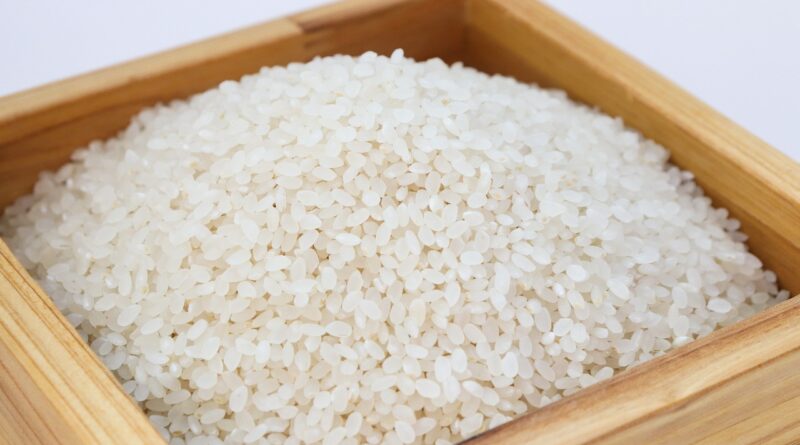South Korea to help Africa cut dependence on rice imports -minister
Reuters
By Soo-hyang Choi
SEOUL (Reuters) – South Korea is set to sign an agreement next week with eight African nations to help boost rice production and cut their dependence on imports, Agriculture Minister Chung Hwang-keun told Reuters, amid concerns over food security on the continent.
The move also comes as President Yoon Suk Yeol has pledged to revamp South Korea’s foreign policy and make it a “global pivotal state” playing a more active role around the world.
Under the “K-Ricebelt Project”, South Korea will build facilities in Ghana, Guinea, Guinea-Bissau, Gambia, Senegal, Cameroon, Uganda and Kenya to produce rice seeds that better suit local conditions and have yields two to three times higher than domestic varieties, Chung said in an interview this week.
The minister said during several visits to Africa starting late last year officials told him they desperately needed help.
“It was when food security was a global issue. Rice prices had almost doubled due to supply chain disruptions,” Chung said, noting how food imports had squeezed the countries’ foreign exchange reserves.
Rice is a staple in West Africa, but local production only meets around 60% of demand, according to the Economic Community of West African States (ECOWAS). This means the region is very exposed to global price volatility and trade disruptions.
An agriculture ministry official said South Korea planned to spend more than 100 billion won ($77 million) on the food project over the next four years, with a goal of distributing 10,000 tonnes of rice seeds every year from 2027.
“President Yoon Suk Yeol has been very clear about this, that we should come forward to help because we were the ones getting help during the difficult times,” Chung said.
South Korea has been able to produce enough rice to meet more than 90% of local demand, though still depends heavily on some other food imports.
Agriculture ministers from the eight participating African countries are due to visit Seoul to sign agreements on the project on Monday.
The United Nations’ World Food Programme welcomed the move.
“The K-Rice project will bring outstanding rice varieties and hope to the small farmers in Africa suffering from the climate crisis,” Marian Sunhee Yun, the director of WFP Korea Office, said.
($1 = 1,302.3500 won)
This article has been republished from The Print

